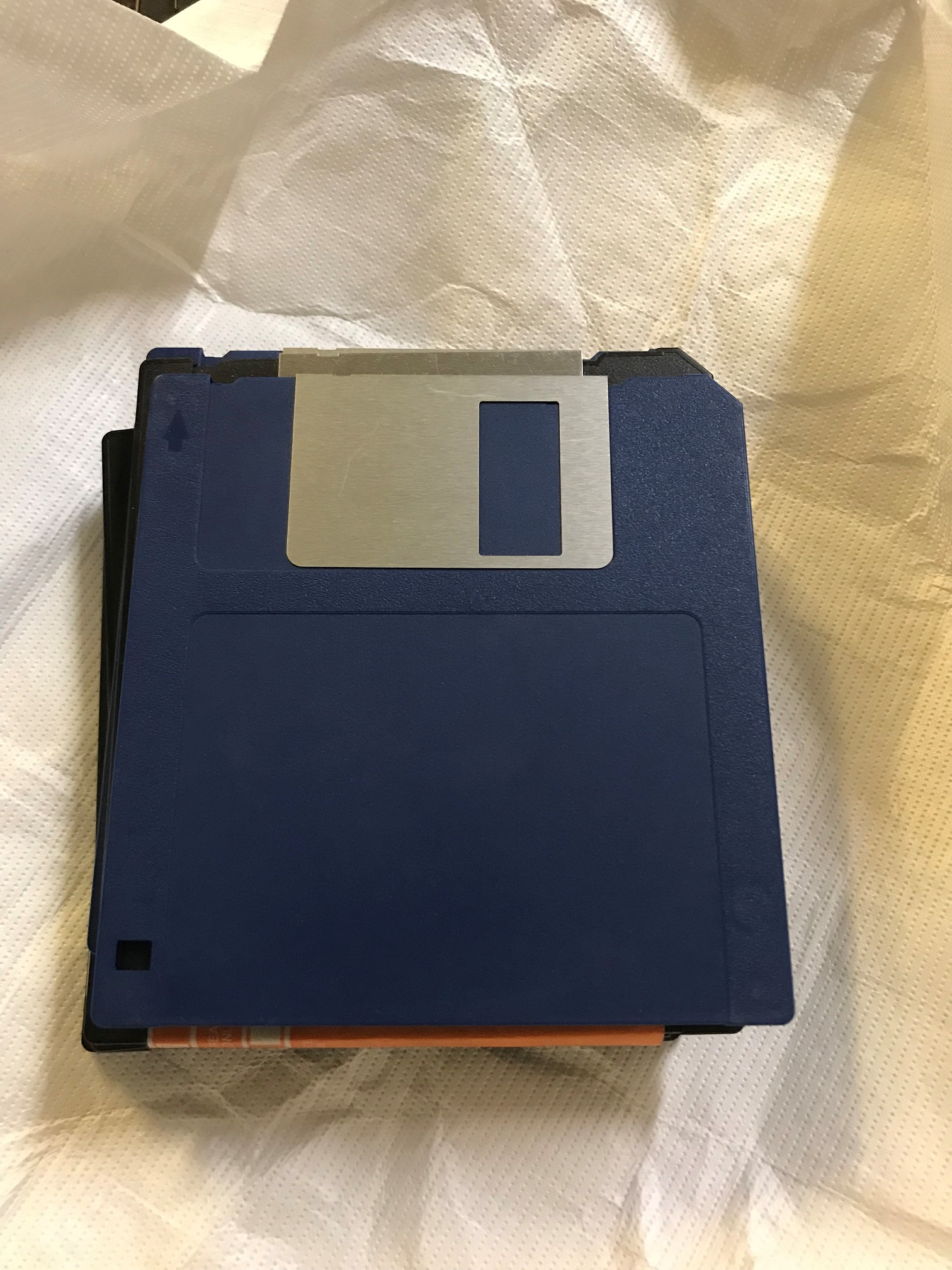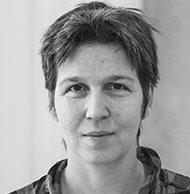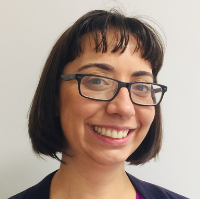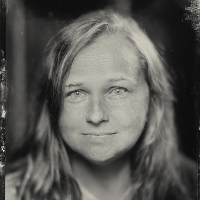Blog
Unless otherwise stated, content is shared under CC-BY-NC Licence
The long WARC to freedom
Tom Wilson is Associate Archivist (Digital Preservation) for United Nations High Commissioner for Refugees in Switzerland.
Our recent transfer of web-crawl suppliers taught us that the best laid plans can be derailed by factors beyond one’s control.
UNHCR has been capturing content for its web-archive since 2015, working with Internet Memory Research (IMR) as our supplier to capture, store and display this content. In 2018, IMR informed us that they would be going bankrupt. The timing of this announcement was decidedly inconvenient, as our procurement process for a new supplier had not yet been completed. This left us with the need to download our data from IMR and store it at UNHCR until we knew who our new supplier would be. We therefore drew up a plan to transfer the data, store it and then transfer it to our new supplier, all the while checking that the data remained complete and uncorrupted by this moving and storing.
I’m Gonna Preserve (500 Files)
I don’t think anyone could disagree that the highlight of last year’s World Digital Preservation Day was the State Library of Queensland’s outstanding parody song “All the Corrupt Files”. There was singing! There was dancing! There were costumes! There was high production value! There was even an awards ceremony!
And this year they’ve knocked it out of the park again as Preservana and “Smells Like Digital Preservation”. The University of Melbourne has also joined the party with the wonderful piece of story telling that is “Bits and Bytes”, which introduces two new characters that are quickly gaining a legion of fans. And to keep the music themed fun going there’s also a digital preservation themed playlist by the folks at the Netherland’s Institute for Sound and Vision.
Here at the DPC we couldn’t be left out of the fun, but what could we do? What classic song could we reinterpret? And how could we make it just that wee bit Scottish? Suddenly the answer was clear, there really was only one choice….
So please enjoy our entry into the digital preservation song contest (sadly due to time it’s minus the creative production of those above!)
PDF: you know she’s a little bit dangerous
Yvonne Tunnat is Digital Preservation Project Manager at Leibniz Information Centre for Economics in Germany
When you think about risky file formats, the PDF format is not the first one that springs in your mind isn’t it?
Instead, you might think of old word processing software for C64 or amiga 500, when 'windows' were just some glass to look through. Or, a more recent typical risky file format scenario: the dozen flavours of exotic file formats your institutional scientists give you on a regular basis, insisting that these formats are the only acceptable ones in their specific community and migration to some standard format known to normal population is just too much to ask for.
For us in the Digital Archive of the Leibniz Information Centre for Economics in Kiel/Hamburg, lacking files with such interesting formats – maybe luckily – the danger of our archiving reality lies elsewhere.
BitList 2019: The Global List of Digitally Endangered Species
The BitList 2019 is the first complete revision of the list since initial publication in 2017.
Whereas The BitList was experimental in 2017 and 2018, the 2019 edition is considerably more robust in content and process. In part this is because it has established a small but definite following. The DPC has been asked to report and expand our 2017 recommendations in multiple contexts, and professionals in agencies around the world have reported their own use of The BitList to support advocacy and target resources to greater effect. That constitutes a success in relation to what we hoped to achieve in 2017, so in this edition we move from hopeful experiment to practical and continuing contribution back to the digital preservation community which have shaped and used it.
One Size Fits All?
Eld Zierau, Jette Junge, Claus Jensen and Lars Lundegård Olsen form the specialist group for digital preservation at the Royal Danish Library
There is a growing tendency in libraries and archives to strive for standard solutions, and a conception that all digital preservation challenges can be solved by one product. Our claim is that trying to achieve this constitutes one of the biggest risks for all types of materials.
The merger of two national libraries with the same goals and under the same jurisdiction has revealed how much the devil is in the detail and how the thought of “One Size Fits All” is indeed questionable within digital preservation as for many other areas. As it turned out to be so hard on a national level, it is surely much harder at an international level where there are legal and cultural differences.
Assessing where we are with Digital Preservation
Fabiana Barticioti is Digital Assets Manager at LSE Library
The DPC launched their Rapid Assessment Model (RAM) to members in September. To keep the momentum going I completed the assessment, in consultation with other colleagues, and submitted it to DPC immediately. I strongly recommend all membership to do it and help DPC to benchmark the DP community efforts.
For you, for me, for everyone? - The risk of discrimination in digital preservation practice
Michelle Lindlar is Digital Preservation Team Leader at Technische Informationsbibliothek (TIB) in Germany
DISCLAIMER: This post is an opinion piece and by no means perfect. So, grab a hot chocolate with your WDPD slice of cake and enjoy the ride.
One of the most discussed things at iPRES2019 this year was probably Michelle Caswell’s keynote Whose Digital Preservation? Locating Our Standpoints to Reallocate Resources. As there are many people who are much smarter than I am and know much more about feminist and archival theory, this blog isn’t about the keynote. I also know little about archival appraisal – a main focus of Caswell’s talk. Instead, this is more of a personal train-of-thought / opinion-piece sparked by questions I asked myself after the keynote: “Do we discriminate in digital preservation practice? How? Why? How can we be aware of this and move towards a more social / ethical digital preservation practice?”
PREMIS News & Highlights for 2019
Karin Bredenberg is Chair of the PREMIS Editorial Committee. She works for Kommunalförbundet Sydarkivera/The Municipality Organisation Sydarkivera in Sweden.
2019 has been a very productive year for the PREMIS Editorial Committee!
We’ve welcomed several new members to the EC this year and have made significant progress in various areas.
The release a year ago of the PREMIS 3.0 OWL Ontology led the EC into discussions regarding the relationship between the ontology and the PREMIS Data Dictionary and other discussions regarding Rights. A Rights working group is currently preparing a short paper relating to recent developments in this area.
Starting with complexity: Archiving digital-born music compositions from Mac systems of the 80s/90s
Beat Mattmann is Data Librarian FDM & DLZA and Iris Lindenmann is Scientific Assistant for Research Data Management at the University of Basel in Switzerland
Background
About ten years ago, a music archive took over the private archive of a composer who had already begun composing with digital techniques in the 1980s. The result is impressive: the composer transferred his work on not less than 700 data carriers to the archive, including 660 floppy discs, 26 SyQuest carriers and a few carriers from the families of Iomega Jaz, Iomega Zip, CD-ROM and Harddisk. The composer has used Apple systems and proprietary special software (music notation and sequencing software) in his work.
You'll miss it when it's gone...

Three and a half inch floppy disk
When I first started out swimming in the deep waters of digital preservation and trying to understand what the risks were I lived with the fear that format obsolescence was our number one enemy and that we would need to spend all our time migrating content and upgrading and or else we would never be able to open those old Word Perfect files. However even then there were wise words from the likes of David Rosenthal who as long ago as 2007 and he predicted not a cliff edge crash of format types that would remain beyond our reach but a slow drift which (hopefully) with increasingly sophisticated emulation (and migration) techniques we can keep abreast of. My first steps in dealing with some of our legacy digital collections (all the way back from the 1990s) were imaging and capturing the contents of the floppy disks belonging to the distinguished historian Eric Hobsbawm which I wrote a bit about here.









































































































































Read more...